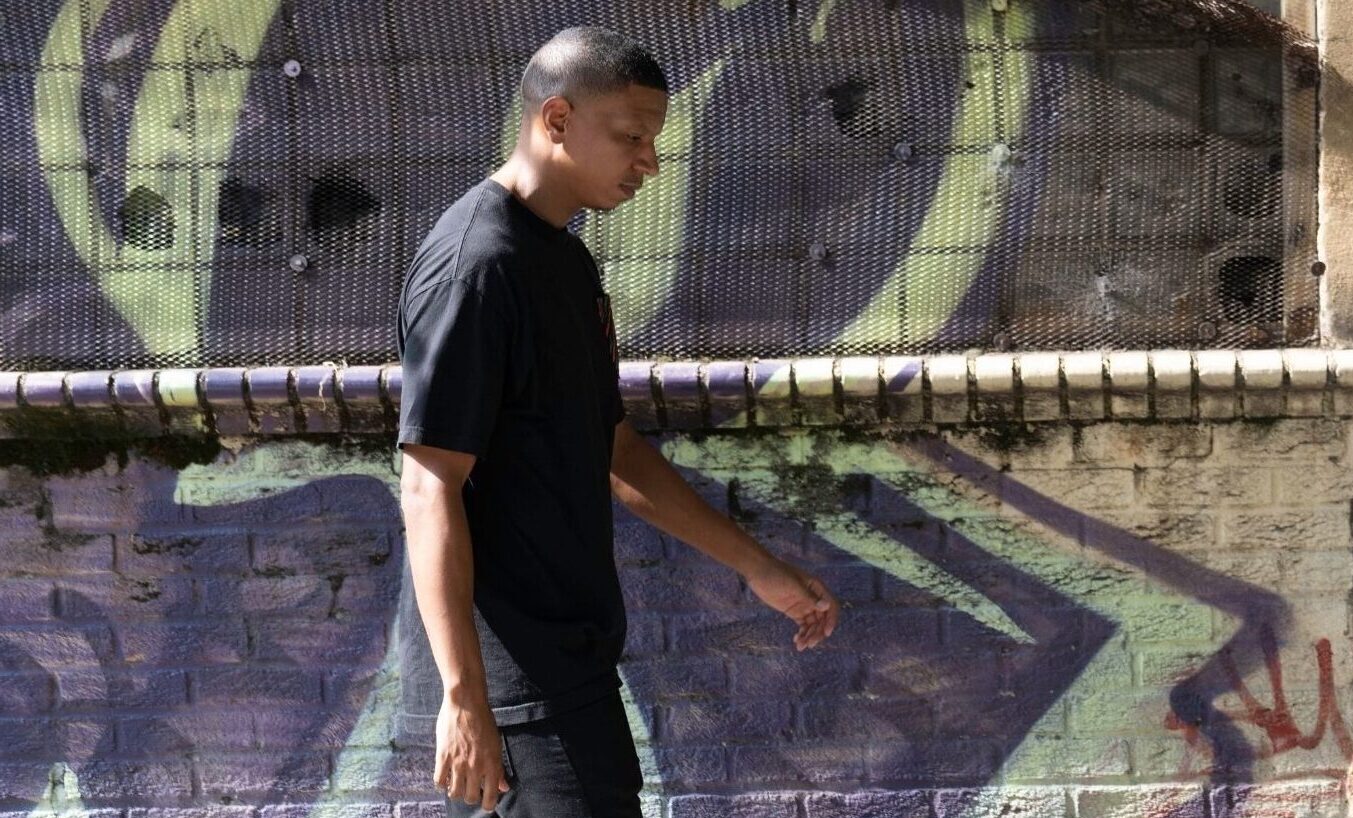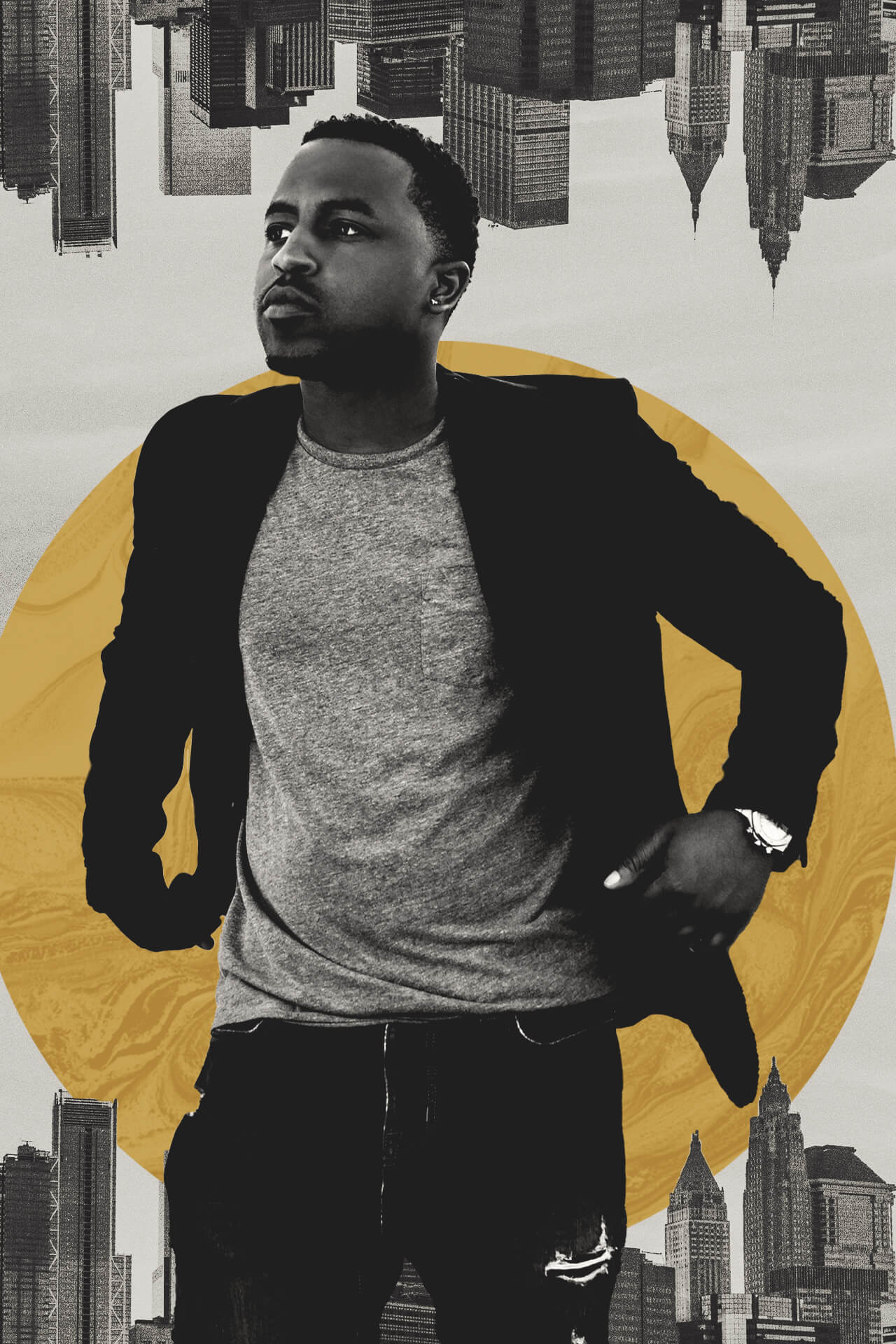The decline of fatherhood has become one of the most significant challenges facing young men of our generation. Although there is a lot of discussion today about the causes of this trend and how we should think about it, the facts are clear. According to a 2019 study by Pew Research, 23 percent of all U.S. households are single-parent households, mostly led by moms. This is the highest percentage of single-parent households per capita of any country in the world.
However, when I refer to the “decline of fatherhood,” I don’t just mean the absence of biological fathers in the home. I am also referring to the decline of a culture of fatherhood; that is, a culture where men engage in the practice of investing in and equipping the next generation, regardless of who their biological parents are.
A culture of fatherhood...where men engage in the practice of investing in and equipping the next generation.
This decline of fatherhood has been particularly challenging for young men. For most of us, our biological fathers, or our father figures when we grow up, are the most important men in our lives, having a pivotal impact on the type of men we will ultimately become. A father is not simply the man that gives birth to us. Rather, a father is our first example of what a man is supposed to be. He is our first blueprint for manhood. The kind of man he is, his character and the values that govern how he lives, how he treats his wife and how he loves his children and those around him, all present an important model of manhood for us to follow.
I’ve spoken with countless men over the years for whom the lack of a father or father figure to guide and help equip them with what they need to be men is one of the biggest issues they wrestle with. As they enter adulthood, they often feel left to figure out life on their own, without any model for manhood to guide them. They feel left to wrestle with the tough decisions of life without any wisdom from an older, wiser man that has gone before them. Worst of all, they feel like they are missing the affirmation - that is, the nod of approval, assurance, and confidence - that it seems only a father can give to a man.
So many men we expect to model manhood for us just don’t know how to.
The sad reality is that so many men we expect to model manhood for us just don’t know how to. Some simply lack the skills and wisdom needed to be good fathers and are unable to give us what we need when we are young. Others are simply unwilling to embrace the cost and responsibility of fatherhood. This can be true whether our fathers are present or absent in our lives. A father can be present in the house but unable or unwilling to be there for his children; he can be physically present, yet absent mentally and emotionally.
Consequently, simply being present is not enough. We are in desperate need for men to learn the “art of being a father.” That is, we need them to be equipped with the skills and wisdom of fatherhood. We need them to learn to be selfless; to value giving of themselves for the benefit of others. When they do, we can be given the love, support, and model we need to grow to be the kind of men and leaders that our world needs us to be.
Even still, as important as it is to have a father, there are some things about fatherhood that we simply have to accept. So many young men who grew up without a father, or father figure, live with the unrealistic notion that if they only had a father present, their lives would be better off. However, what they don’t always grasp or understand is that even “good” fathers have flaws, and even those men best equipped to be fathers will never be able to give us all that we need, despite their good intentions. Consequently, becoming a man requires us to learn how to fill in the gap created by the weaknesses of the men we call our fathers, whether they were good or bad, present or absent.
Becoming a man requires us to learn how to fill in the gap created by the weaknesses of the men we call our fathers, whether they were good or bad, present or absent.
From my own journey as a man, I’ve learned several lessons as it relates to filling this gap of fatherlessness. First of all, when I became a man, I realized that fatherhood is not limited only to the role your biological father plays in your life. This is because one man can never give you all that you need. In my life, I’ve had many father figures that have played a role in shaping me into the man I’ve become. These were men who, during critical seasons of my life, gave me support, affirmed me, advised me, challenged me, taught me, and encouraged me. Teachers, mentors, coaches, pastors, and bosses have all filled in the gaps as I became a man.
Each of my many father figures had strengths and weaknesses. However, what made them fathers to me was their willingness to give of themselves, their time, wisdom, and resources, to provide something that I was missing. Though they were flawed men, they all had wisdom to give and were willing to share this wisdom with me during critical moments in life when I needed it.
I’ve also learned that, even with all the wisdom you gain from the father figures in your life, expecting flawed men to give you everything you need to be a man will only lead to disappointment. As a man of faith and a Christian, I have chosen throughout my life to look to a higher source to give me the fathering that I need. God, and God alone, is the only One who is both fully capable and fully willing to father me perfectly. Only he can show me who I truly am. Only He can truly love me unconditionally. He is the only one who can fully affirm my value when the men whom I look up to fall short. The best that ordinary men can do is provide a flawed reflection of my one true Father. The way I have come to see it, it is my one true Father that works through these flawed men to provide pieces of what I need. It is Him that is fathering me through them.
Consequently, I don’t have to look back and complain about anything I feel I was missing. I know that, no matter what, my one true Father is in control and can make up the difference. He will fill in the gaps, taking the good as well as the bad that I've learned from my flawed father figures and teaching me all that I need to know. Practically speaking, this happens when I allow the truth found in scripture to shape how I see myself and how I interpret what happens to me in life as well as how I interpret all that I gained, or did not gain, from those men who were my father figures.
As you think about your biological father or father figure, whether he was good or bad, present or absent, you can be encouraged. He has not sealed your fate. Here are some ways you can work to fill in the gap.
- If your father was present but flawed or distant, be grateful, remembering that if you become a father you too will have flaws and imperfections. Although you should be honest about his flaws, whatever grace you’d desire your kids to show you, be willing to show it to him. And, regardless of the type of father you had, choose to be the best father you can be for your children.
- If he was absent, be thankful that God used him to give you life. Choose to make the best out of the life you’ve been given. Most importantly, make a decision that you are going to be there for your children, that you are going to do for them what you wish your father would have done for you.
- If there are things that you are missing, seek out other men as mentors and guides, and never think that you have to navigate the challenges of life on your own. Don’t wait for someone to find you; seek out men who are willing to pour into you, in spite of their flaws. Talk to them, ask them questions, and listen to the advice they give you. Read their books, listen to their stories, and learn to apply the lessons you learn in your own life. At the same time, be willing to mentor and father figure to the young men who cross your path. Do for them what you would have wanted someone to do for you.
- Lastly, if you are a person of faith, remember that there is only one true Father who often uses many flawed men to raise us into manhood. If you put your trust in Him, He will always make up the difference.
If we chose to do these things, then perhaps we could find the strength to overcome the absence of a father in our lives. Perhaps we could find the wisdom to make up for the lack of guidance we received from a father who was physically present but emotionally absent. We might also have the courage to serve as fathers and mentors to the fatherless young men around us and finally break the pattern of fatherlessness that plagues our generation.







